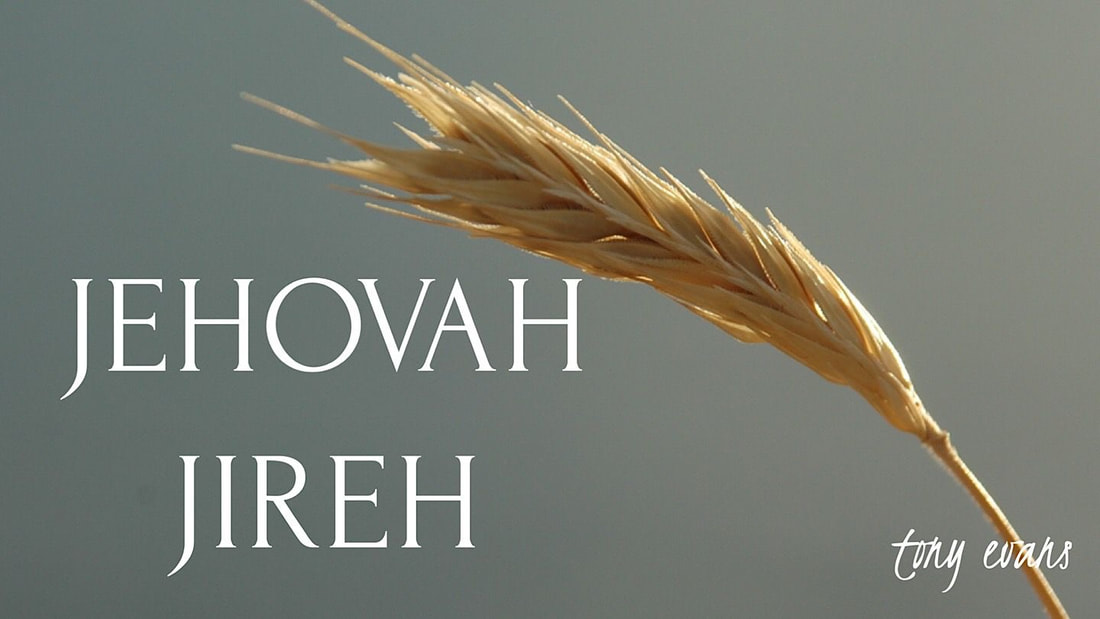I
Jehovah-Jireh in the Bible: Abraham and Isaac Abraham received a fresh set of instructions from God: “Take Isaac, your only son, whom you love, and sacrifice him on the mountain I will show you” (Genesis 22:2). The word sacrifice in Hebrew means “a whole or burnt offering.”
This passage may present questions and struggles for many readers. The very core of this direction feels contrary to other known truths about the Lord.
The Complete Jewish Study Bible notes that while the “binding of Isaac” passage or the Akedah, is read during every Rosh Hashanah (Jewish New Year) service it is “by far the most difficult passage of the Torah.”
A superficial reading of the story may leave the reader with an ugly sense that God led Abraham on an emotional wild-goose chase.
Abraham went to an undisclosed location to sacrifice his son, only to have God stop him at the last moment. Then Abraham saw a ram caught in some thorny bushes, sacrificed it, and called the place, "Jehovah-Jireh" - "The Lord will Provide." Why would God treat them like this?
But that interpretation reveals more about the reader than it does the text or God Himself. One of the crucial details missing in that reading is the trust displayed by both Abraham and Isaac.
Scripture doesn’t tell many details about the private thoughts and feelings of Abraham or Isaac in this story. But in Hebrews 11:19, we are told that Abraham knew God’s character and power enough to trust that if God took Isaac at that moment, because of all God’s other promises about Isaac, Abraham knew God would fulfill His word even if He had to raise Isaac from the dead. Abraham was doing this difficult task with assurance in his heart.
The Meaning of Jehovah-JirehAbraham calls the place, “God will provide.” The word there is richer than our English denotes.
- “Provide” in Hebrew is also “see to it,” which is similar to the name a woman named Hagar calls the Lord in Genesis 16:13 – “The God who Sees.”
- That Hebrew word also means “perceive” and“experience.”
God’s provision isn’t automated like a paycheck deposited into your bank account. And it isn’t far removed as if He doesn’t feel the need.
Jehovah-Jireh’s Ultimate and Daily ProvisionProvision for eternity.
This passage of Scripture is one of the clearest foreshadowing stories of the work of Jesus Christ. God not only provided for Abraham, but He also provided his only son so “that whoever believes in him shall not perish but have eternal life,” (John 3:16). Jesus is the Provision.
While God amazingly provided for the big needs like eternity, He is also present in the “littler” needs.
Provision in the daily details. The very next words after the story of Abraham and Isaac abruptly switch to genealogy information. It feels weird to read after such an intense experience. But the genealogy information lets us know that even when Isaac was a young boy, God had a plan for his future wife because her family is mentioned in the genealogy.
God had a plan for Isaac’s family, and He had a wife specifically for Isaac. Years in the future, when Isaac is approaching 40, he was meditating (praying) in a field when his wife Rebekah came to him. And the Lord filled Isaac’s heart with love for the young woman who would become his wife. The two became part of the lineage of Christ.
The Lord had made promises to Abraham about this young man. Not only did God provide for Isaac’s life, but also for his future as part of God’s promise to bring Christ into the world.
From the great needs of our soul for issues like salvation and forgiveness to the yearning of our heart for a spouse, God Provides - He is our Jehovah-Jireh. God Sees. God is with Us. It is His promise and His character. It is His very name!


 RSS Feed
RSS Feed





















































